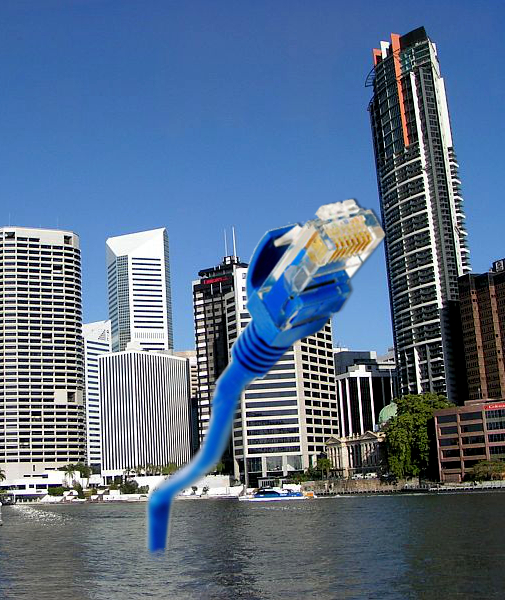Local lag blamed on CVC

Damian Kay, CEO of mid-sized tech firm Inabox, says the low rank is a reflection of the policy followed to build the national broadband network.
Mr Kay claims that the slow speeds are due to Connectivity Virtual Circuit (CVC) throughput.
“We have proof that it is the CVC dimensioning by our upstream partners that is causing speed issues and they are admitting it is due to the high price of the CVC throughput,” he said in a recent letter to staff.
“[NBN CEO Bill] Morrow is right in that it is not the only thing driving poor speed issues, but given he is not an RSP [Retail Service Provider] himself he is out of touch with what is driving RSPs to severely contend services in order to make money.”
“There is a land grab in the market, driving retail prices below what they should be to allow a 'fair' margin. Providers like TPG are driving those prices down but overall prices for Internet are ridiculously high.”
He said providers in the US are selling unlimited 100Mbps services for US$29.95 a month, something Australian ISPs would have to sell for more than $80.
“So the price of CVC from NBN is driving both high prices for data in Australia as well as RSPs buying as little as possible in order to save costs but giving customers a poor experience as a trade-off,” he said.
Mark Gregory, an associate professor in network engineering at RMIT University says Australia’s low global rank is due to a global shift towards fibre networks.
“Australia will find it difficult to improve its global standing for many years to come due to the government's multi-technology mix NBN,” he told reporters.
“NBN Co's business model that includes a data usage charge has exacerbated the problem.”







 Print
Print